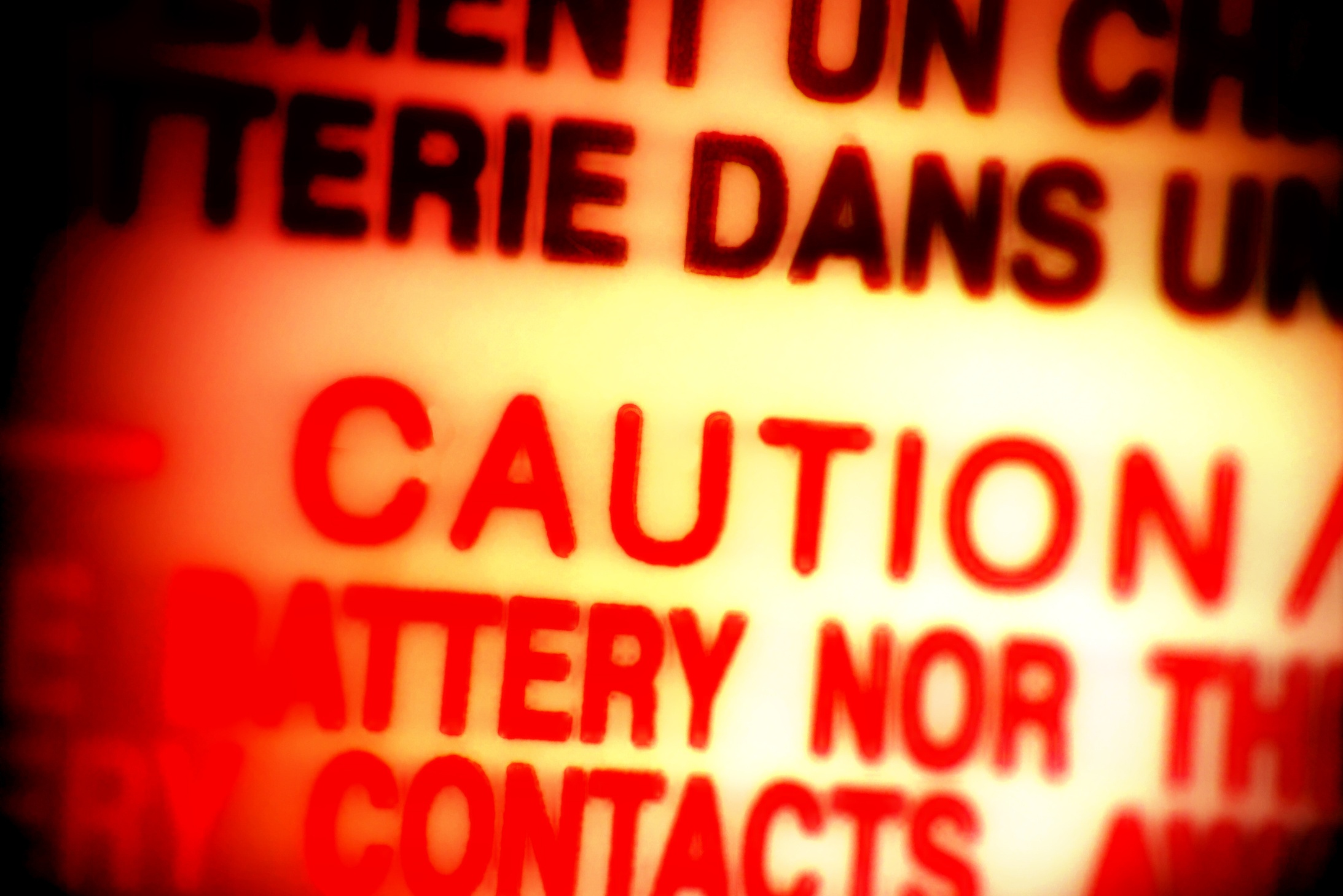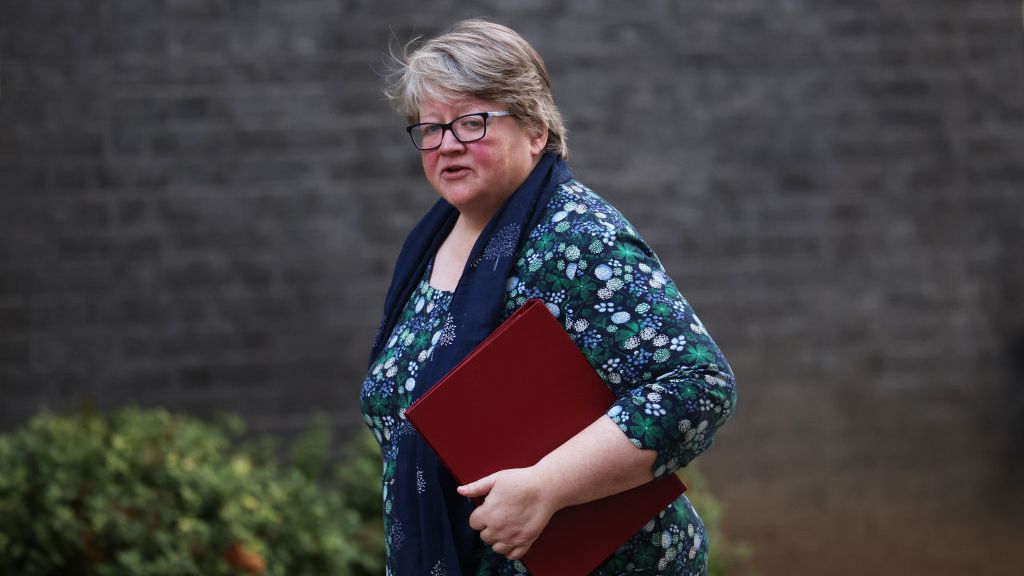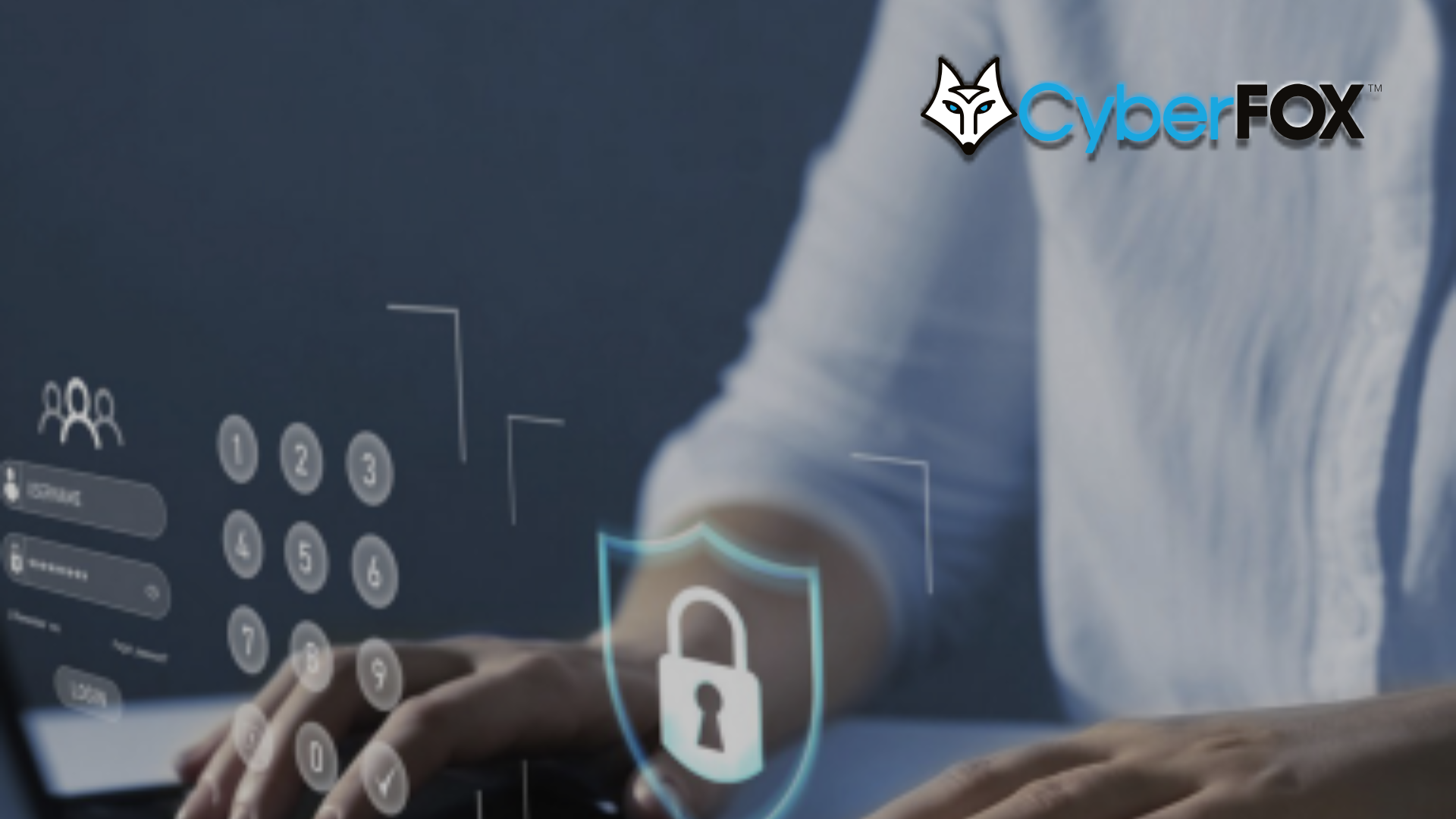Private sector to help Government tackle cyber crime
The minister of state for the armed forces has called on the private sector and academia to work with the Government in tackling cyber crime.


Sign up today and you will receive a free copy of our Future Focus 2025 report - the leading guidance on AI, cybersecurity and other IT challenges as per 700+ senior executives
You are now subscribed
Your newsletter sign-up was successful
"As Iain Lobban, the Director of GCHQ, said recently, we have seen the use of cyber techniques by one nation on another to bring diplomatic or economic pressure to bear," said Harvey.
"The integration of cyber and physical attack would seem to be the most likely use of cyber in the military sphere. We must therefore win the battle in cyber space, as well as the battle on the ground."
By recognising these two types of attack as connected rather than separate, we could better deal with the threat, according to Harvey.
The minister admitted this was no easy task to take on but said it was still a "human domain" driven by "human behaviour and motivations" so we should take what we know about that and project it onto the fight against cyber crime.
However, Harvey added, no matter how big the threat was, it would not replace "boots on the ground."
Last month, it emerged a new UK Defence Cyber Operations Group to combine cyber and physical activities will be created to both protect our nation and to research ways of using technology to complement the military. But, due to the lack of borders in cyber criminal activity, the UK will work closely with NATO.
With physical attacks, international law deems when it is appropriate to retaliate. Harvey believed this should be the same case with cyber attacks.
Sign up today and you will receive a free copy of our Future Focus 2025 report - the leading guidance on AI, cybersecurity and other IT challenges as per 700+ senior executives
"For traditional domains, we assess the act, its effects, and the whole context to determine whether it constitutes a breach of international law," he said.
"We then judge what the necessary and proportionate response should be, applying well established legal principles. Why should assessing and responding to a cyber attack be different?"
Harvey concluded: "I believe we must recognise that actions in cyber space should be governed by the same principles of international law which already act to check the worst extremes of state actions in the real world."
"This is what I believe is required if we are to protect the enhanced freedom of opportunity that the digital age can provide."
Jennifer Scott is a former freelance journalist and currently political reporter for Sky News. She has a varied writing history, having started her career at Dennis Publishing, working in various roles across its business technology titles, including ITPro. Jennifer has specialised in a number of areas over the years and has produced a wealth of content for ITPro, focusing largely on data storage, networking, cloud computing, and telecommunications.
Most recently Jennifer has turned her skills to the political sphere and broadcast journalism, where she has worked for the BBC as a political reporter, before moving to Sky News.
-
 ‘Hugely significant’: Experts welcome UK government plans to back down in Apple encryption battle – but it’s not quite over yet
‘Hugely significant’: Experts welcome UK government plans to back down in Apple encryption battle – but it’s not quite over yetNews Tulsi Gabbard, US director of national intelligence, has confirmed the UK plans to back down on plans that would see Apple forced to create a "back door" for authorities.
-
 ‘A huge national security risk’: Thousands of government laptops, tablets, and phones are missing and nowhere to be found
‘A huge national security risk’: Thousands of government laptops, tablets, and phones are missing and nowhere to be foundNews A freedom of information disclosure shows more than 2,000 government-issued phones, tablets, and laptops have been lost or stolen, prompting huge cybersecurity concerns.
-
 The UK cybersecurity sector is worth over £13 billion, but experts say there’s huge untapped potential if it can overcome these hurdles
The UK cybersecurity sector is worth over £13 billion, but experts say there’s huge untapped potential if it can overcome these hurdlesAnalysis A new report released by the DSIT revealed the UK’s cybersecurity sector generated £13.2 billion over the last year
-
 "Thinly spread": Questions raised over UK government’s latest cyber funding scheme
"Thinly spread": Questions raised over UK government’s latest cyber funding schemeThe funding will go towards bolstering cyber skills, though some industry experts have questioned the size of the price tag
-
 Threat of cyber attacks to national security compared to that of chemical weapons
Threat of cyber attacks to national security compared to that of chemical weaponsNews The UK government has raised the threat level posed by cyber attacks, deeming it greater on average than an event such as the Salisbury poisoning
-
 2022 Public Sector Identity Index Report
2022 Public Sector Identity Index ReportWhitepaper UK Report
-
 UK and Japan strike digital partnership to collaborate on IoT security, semiconductors
UK and Japan strike digital partnership to collaborate on IoT security, semiconductorsNews The two countries are also set to align their approaches to digital regulation to make it easier for companies to operate in each nation
-
 Defra's legacy software problem 'threatens' UK gov cyber security until 2030
Defra's legacy software problem 'threatens' UK gov cyber security until 2030News The department spends over two-thirds of its digital budget on maintaining the risky applications, with no plan in place for a fix within the decade


